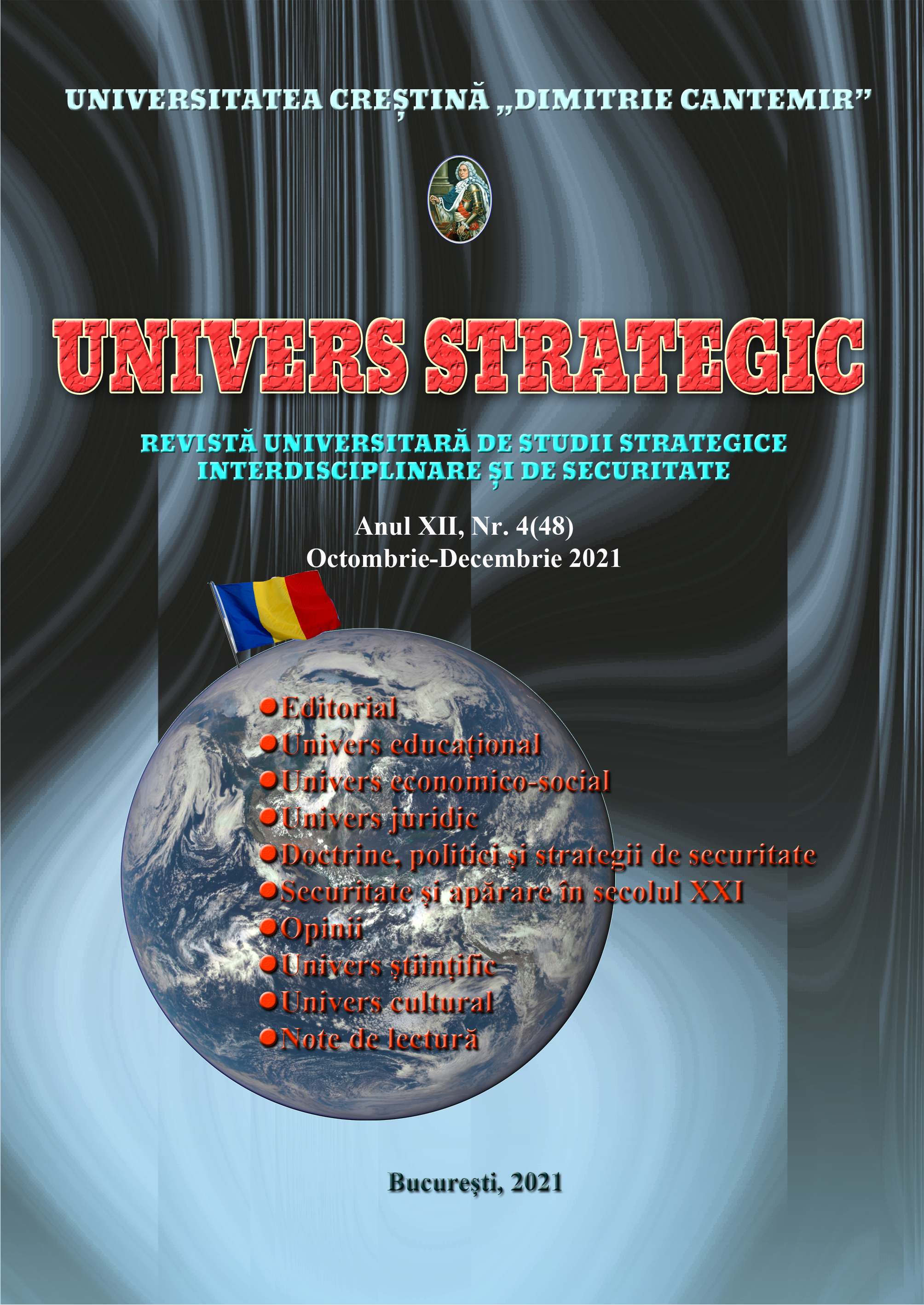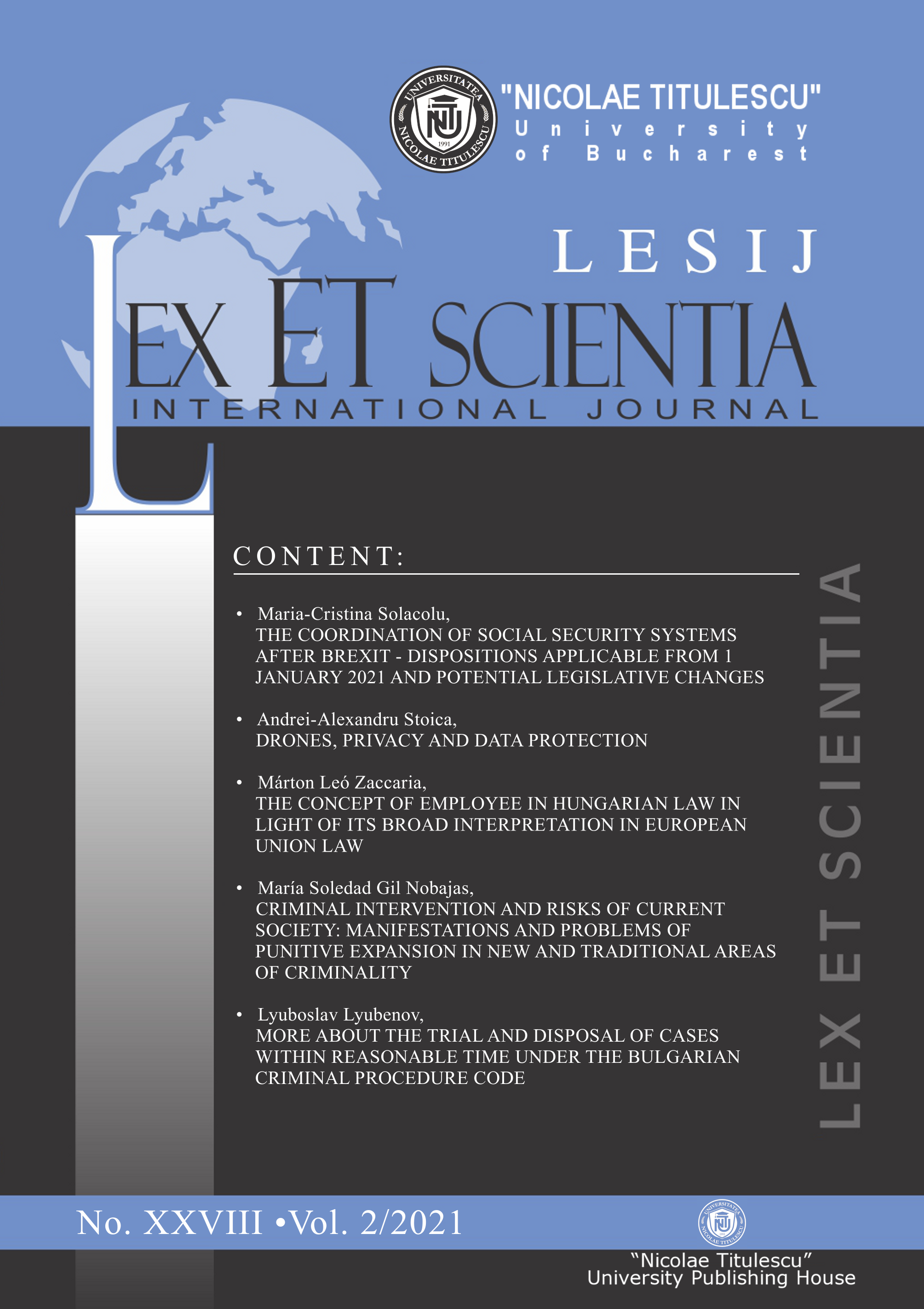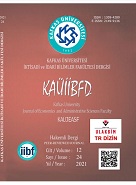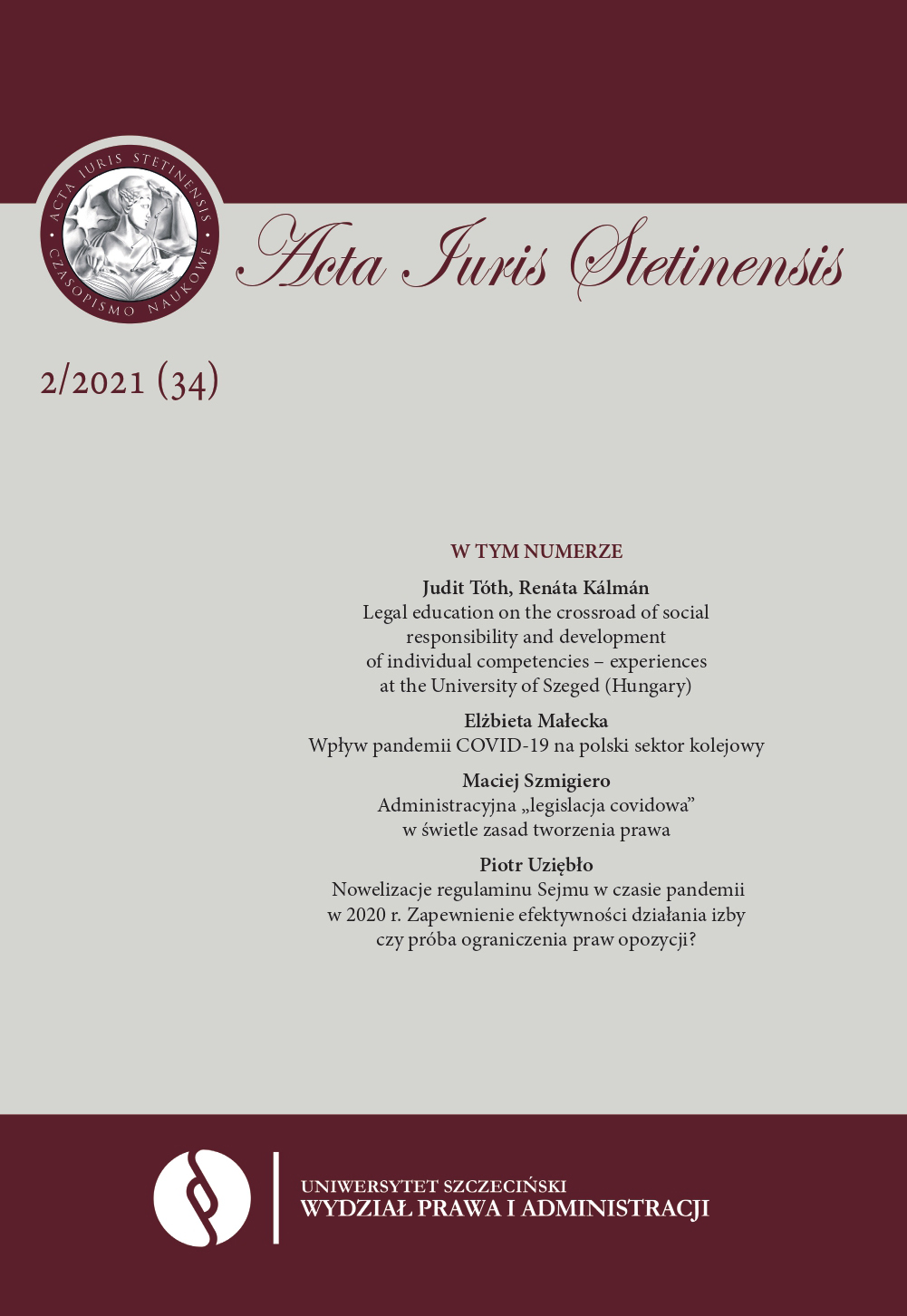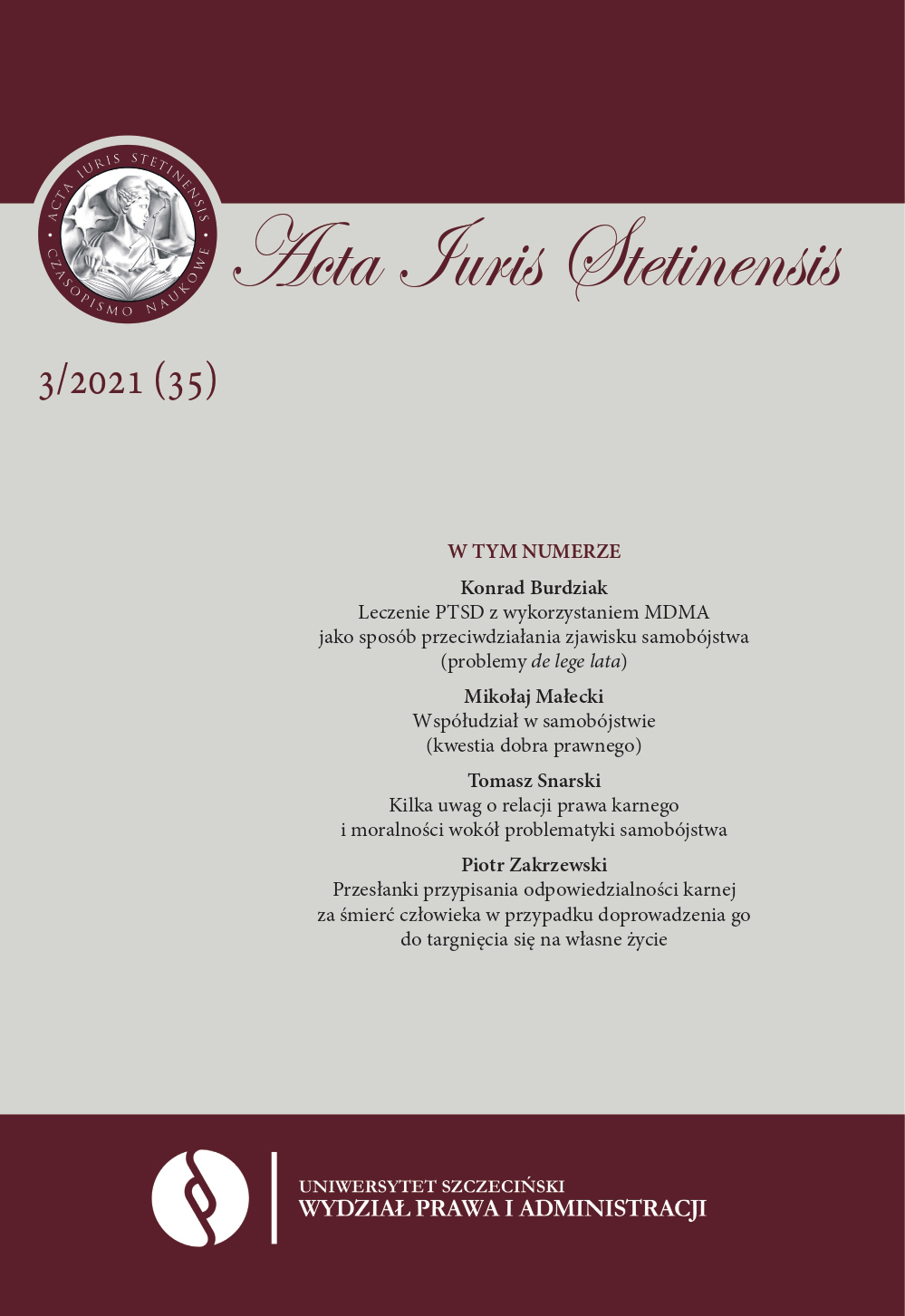
DEJTONSKE KONTROVERZE – JAVNO ODLUČIVANJE IZMEĐU PARLAMENTARNE DEMOKRATIJE I PARTITOKRATIJE
In Bosnia and Herzegovina, the pluralization of society and the state began during 1990. This is the time when political parties are formed and the first multi-party parliamentary elections are held. Due to the strong influence and domination of the ethnic principle, political parties were formed in Bosnia and Herzegovina in 1990 in two basic forms: as ethnic or people's (national) parties, and as civic (multiethnic) parties. In almost all election cycles from the beginning of the pluralization of Bosnian society until today, ethnic political parties have won the elections. Ethnic political parties have appropriated a monopoly in the promotion of national interests since the 1990 election campaign, guided by the idea of protecting the national interests of “their“ peoples. The continued rule of ethnic parties without a coalition political agenda and agreement has strengthened ethnic pluralism in Bosnia and Herzegovina. Thus, instead of democratic decision-making and competition between the majority and the opposition, the representative bodies in Bosnia and Herzegovina have become an arena and a place of mutual competition and confrontation between the parties that make up the parliamentary majority. The lack of the necessary democratic consensus between the ruling ethnic political parties at the state level was compensated and compensated by the High Representative of the International Community (OHR), who, on the basis of the Bonn powers, promulgated certain laws. Hundreds of laws in Bosnia and Herzegovina have been promulgated by high representatives. This prevented blockages in the work of the Parliamentary Assembly of Bosnia and Herzegovina. In the absence of the necessary consensus of the ruling ethnic parties, it is not possible to develop or strengthen the power of parliaments as the highest representative body of the people and citizens of Bosnia and Herzegovina. Instead of parliamentary democracy, classical partitocracy is at work. The situation is similar at the entity level, and at the cantonal level in the Federation of Bosnia and Herzegovina entity. All this, along with heterogeneous and complicated decision-making procedures and processes, ultimately reflects on the adoption of laws and decisions of importance to society and the state. Complicated forms of decision-making and the existence of a famous mechanism for the protection of vital national interests are some of the obstacles to the development of the state and society. All of these are some of the essential problems, but also the controversies that follow the decision-making processes in the representative bodies in the country. This is especially true of the adoption of important and significant public policies aimed at solving socio-political problems. Only decision-making at the level of local self-government units (municipalities and cities) can serve as a positive example. In general, the local level of government has so far proved to be the most efficient level of government in Bosnia and Herzegovina. The basis for strengthening the democratic decision-making capacities of the representative bodies of the state of Bosnia and Herzegovina is contained in the application of the democratic principle on which parliamentary democracy is established and functions. Applying almost all basic and general scientific research methods, as well as the method of analysis (content) of relevant documentation as a method of data acquisition, will identify key problems and controversies of public decision-making and policy making in Bosnia and Herzegovina, in the period after the Dayton Peace Agreement. today. A conclusion will be drawn on the need to establish a parliamentary majority based on the coalition agreement and the political program of that coalition, which significantly affects the public decision-making processes and the adoption of the necessary state public policy. Bosnia and Herzegovina is required to reconstruct public decisions in the direction of strengthening state public decisions and policies and building European standards, in order to more efficiently compose them with the requirements and directives of the European Union.
More...
![Review of the Book “Etică și dezvoltare comunitară” [Ethics and Community Development], Author: Ana Caras, Lumen Publishing House, 2016](/api/image/getissuecoverimage?id=picture_2020_64722.jpg)
